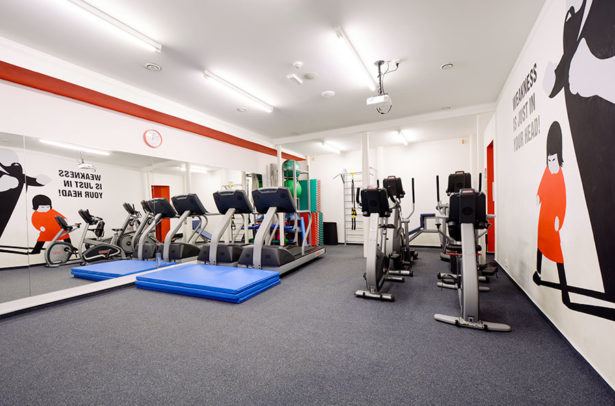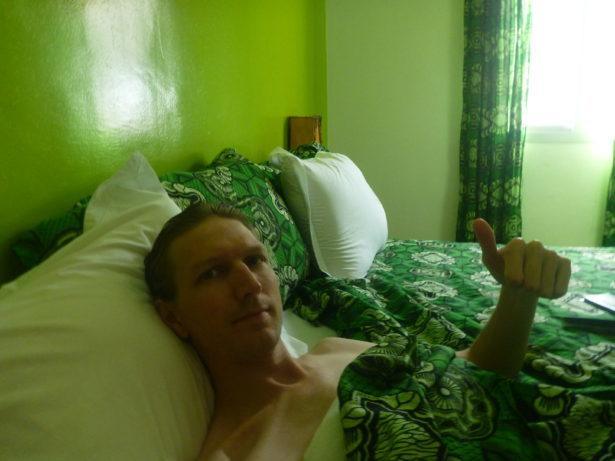When we are feeling low or anxious, we use all sorts of tricks to distract ourselves from the emotions that seem out of control. We might play slots or games, we might swipe away on our phones or watch endless boxsets on Netflix. While distraction is a valid option as a short term solution, you may need to do more to make a long term difference to your wellbeing. Here we explore 12 tips that could help to improve your mental health.
- 1.Talk to someone
While you hear the advice “talk to someone” all the time, quite often we don’t. We might feel shame at the thoughts we are having or we do not want to worry the other person and make it “their problem”.
While sharing your concerns with another person won’t immediately solve all your worries, it will help you feel less lonely. It is right to assume that the person you talk to won’t be able to solve the issues. However, they will give you more room to find the solution for yourself because you feel supported.
- 2.Learn to take a breath
Learning to pause before reacting is a surprisingly effective tool. Feelings are fleeting and may pass quickly, if you allow them to. If you give them attention they will grow in importance and intensity.
Therefore, learn to stop for a moment and take a breath. Make a habit of feeling that breath all the way in and out.
3.Stop being busy
We often increase the intensity of our feelings because we run away from them. We make ourselves busy to avoid sitting with what is happening in our mind. The busier you are, the more tired you become, and the less able you will feel to cope. It will feel counter-intuitive, but give yourself permission to recover and regain your emotional strength.
- Have a sleep routine
When our mental wellbeing is challenged we either sleep too much or we cannot sleep at all. One of the first solutions to feeling better is to set a routine for sleeping. Train your body by going to bed at the same time and waking up around the same time too. Switch off all blue-light devices a couple of hours before bed.
- Reduce caffeine and sugar
Your anxiety followed by those significant dips can be a result of stimulants in your diet. You are constantly stimulating yourself and then feeling the hangover when this dies off. Cut back on caffeine and sugar to help your mental wellbeing.
- Eat better
You are an input-output biological machine. What fuel you put into your body impacts your performance. Eat well and investigate the foods that improve your mental wellbeing. There are superfoods that help to detox your body and can remove some of the chemicals that are causing the feelings. You should speak to a nutritionist to shape a diet that proactively helps improve your mental wellbeing.
- Exercise regularly
When you exercise, you release endorphins – these are feel-good hormones. Exercise also counters the effects of stress hormones that can build in the system. Doing exercise in moderation can really help to ease stresses and make you feel better about yourself. Sometimes our self-esteem is also impacted by the way we look at our bodies. However, remember that one of your aims is to avoid being too busy and exhausting yourself.
- Speak kindly to yourself
Speak to yourself like you would speak to a friend. You would not call a friend a name if they made a mistake.
- Get out into nature
We are surrounded by a natural source of healing. It is not just a spiritual thing – though that should not be discounted – it is the Vitamin D that you get from the sun too. Vitamin D has a significant impact on our mood and the lack of it can cause conditions such as SAD. So, do what you can to get out for a period every day.
- Join a group
Most of our problems with our mental health are caused by our isolation. Therefore, being connected to a community of people really helps. It doesn’t have to be a support group – it could be something as innocuous as this writing group. Something like this not only puts you in contact with other like minded people, but it might also spur you to have a sense of purpose and a skill to improve over time, which can distract you from feelings of depression or loneliness.
- Try mindfulness
Learning to be comfortable in your space is the biggest gift you can give yourself. Learning to sit still and just be takes practice. Download an app like Headspace that can make this feel manageable.
- Experiment with hobbies
Ultimately, you need to seek joy and pleasure. This might feel a way off and the idea of finding a hobby sounds belittling. However, trying out different activities to see if you like them can help you move towards finding something that could become your passion.






